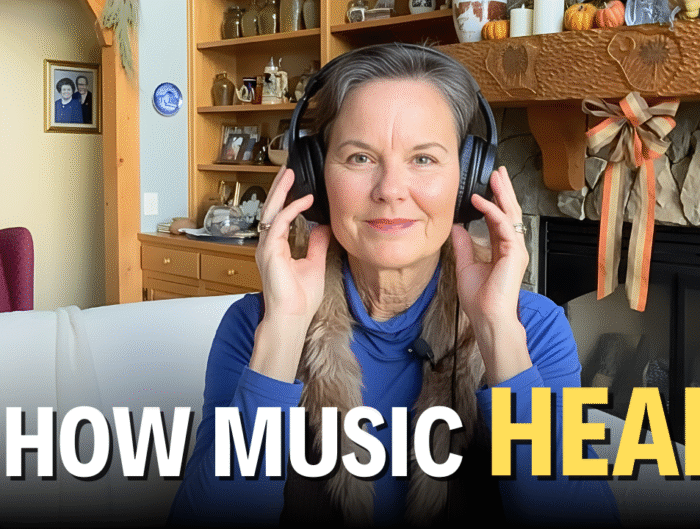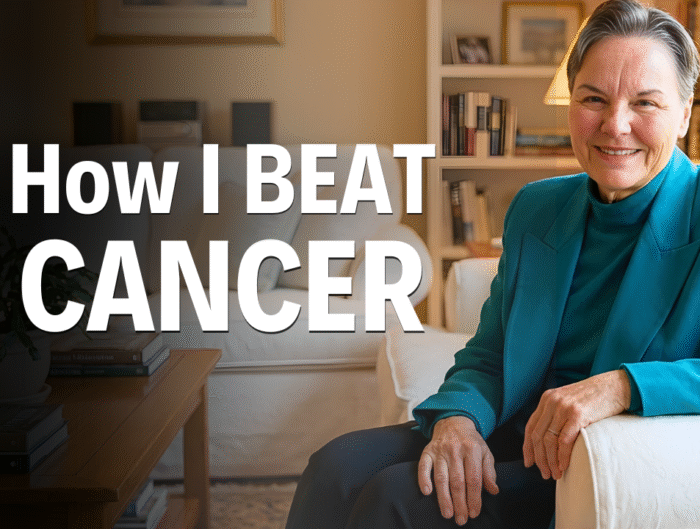Kale is known as one of the most nutrient-dense foods on the earth. It contains many plant compounds with medicinal benefits. Like blueberries and spinach, kale contains many essential vitamins, minerals, and antioxidants. Its high nutrient values packaged with low calories and anti-cancer chemicals make it the “King of Super Greens.” A single cup of raw kale offers only 33 calories while providing 6 grams of carbs (including 2 carbs from lush prebiotic fiber that feeds the probiotics in the gut lining), and 3 grams of protein. For those with diabetes, it has a low glycemic index and is low in glycemic load.
Here are five reasons you should add kale to your diet:
1. Kale provides vitamins and minerals for our bodies.
It is a rich source of vitamin C containing 4.5 times more than spinach and one cup provides 10 times more than the Daily Value (DV), 2 times the DV of vitamin A, and 7 times the DV of vitamin K. It also provides vitamin B6, iron, manganese, calcium, copper, potassium, and magnesium. These are all bonuses for cancer patients—especially those going through chemotherapy who need vitamin C to rebuild their immune system, and iron and vitamin B6 to rebuild their red blood cells.
2. Kale helps prevent and control cancer.
Kale comes from the cruciferous vegetable family which includes broccoli, broccoli sprouts, cabbage, cauliflower, and Brussels sprouts. This family contains sulforaphane, a cancer-fighting substance. Research shows that sulforaphane inhibits breast cancer stem cells. This research encouraged me to eat two cruciferous vegetables daily. As a breast cancer survivor, I also take a cruciferous vegetable supplement called DIM or Indolplex. I don’t want this nightmare to return! For those breast cancer patients who are no longer taking the estrogen-blocking pills or who can’t take them due to the side effects, kale, and cruciferous vegetables are an inexpensive and easy remedy to reducing estrogen dominance in the body.
3. Kale contains high antioxidants, which counteract oxidative damage done by free radicals.
Kale is loaded with quercetin and kaempferol which help to counteract oxidative damage, protect the heart, lower blood pressure, and also offer anti-cancer, anti-inflammatory, anti-viral, anti-depressant, and ANTI-AGING properties. NOW I’VE CAPTURED YOUR ATTENTION! We’ve all got much oxidative damage that needs neutralizing and inflammation that needs lowering.
4. Kale can help lower cholesterol.
Kale contains bile acid sequestrants which can help lower cholesterol. These substances can bind bile acids in the digestive system and prevent them from being reabsorbed in your system thereby reducing your total cholesterol. This can be a much better alternative than using statin drugs which have side effects.
5. Kale is a natural detoxifier.
Kale contains plant compounds called isothiocyanates (ITC’s) which help your body remove and eliminate toxins. ITC’s, which are made from glucosinolates, actually help your body detox at the cellular level. As toxins in our environment rise, so do the toxins in our bodies and cells increasing our risk for many diseases.
There are a few cautions with eating kale. Although kale is a great alternative for those who must limit their intake of spinach due to oxalates, it does have a downside. Kale can suppress your thyroid when eaten raw. This is why I rotate my greens and switch them up in my smoothies. It also helps to lightly steam them as cooking inactivates the substances that impact the thyroid. Steaming also improves its digestibility. For those who have Intestinal Bowel Syndrome (IBS), kale may irritate your already irritated digestive tract. So gauge what is right for you. Since kale is heavily sprayed with pesticides, it’s best to eat this one organic. The cost for organic kale is only a little more expensive while offering higher nutrients and fewer chemicals.
Is it any wonder that kale is gaining status and is one of the main ingredients used in juicing and smoothies? There are many benefits to adding kale to your diet, and it goes beyond just preventing cancer. The impact of kale on our entire body is one of many reasons it is viewed as the “King of Super Greens.”
How do you use kale in your diet? What are some of your favorite recipes?
Please subscribe to my YouTube channel. It costs you nothing.
For Your Health,
Ginny
Click for free download on Tips for Lowering Your Breast Cancer Risk and Smoothie Recipe
 Ginny Dent Brant is a speaker and writer who grew up in the halls of power in Washington, DC. She has battled cancer, ministered around the world, and served on the front lines of American culture as a counselor, educator, wellness advocate, and adjunct professor. Brant’s award-winning book, Finding True Freedom: From the White House to the World, was endorsed by Chuck Colson and featured in many TV and media interviews. Unleash Your God-Given Healing: Eight Steps to Prevent and Survive Cancer was released in May 2020 after her journey with cancer and was recently awarded the First Place Golden Scrolls Award for Memoirs, and Second Place in both Selah Awards for Memoirs and Director’s Choice Award for Nonfiction at the Blue Ridge Mountain Christian Writer’s Conference. It recently received the Christian Authors Network’s (CAN) Gold Award for Excellence in Marketing for reaching 62.5 million people with a message of cancer prevention and survival. It was written with commentary from an oncologist and was featured on CBN’s Healthy Living Show, Atlanta Live, and CTN’s Homekeepers along with over 75 media outlets. Learn more and cancer and wellness prevention blog and book information at www.ginnybrant.com.
Ginny Dent Brant is a speaker and writer who grew up in the halls of power in Washington, DC. She has battled cancer, ministered around the world, and served on the front lines of American culture as a counselor, educator, wellness advocate, and adjunct professor. Brant’s award-winning book, Finding True Freedom: From the White House to the World, was endorsed by Chuck Colson and featured in many TV and media interviews. Unleash Your God-Given Healing: Eight Steps to Prevent and Survive Cancer was released in May 2020 after her journey with cancer and was recently awarded the First Place Golden Scrolls Award for Memoirs, and Second Place in both Selah Awards for Memoirs and Director’s Choice Award for Nonfiction at the Blue Ridge Mountain Christian Writer’s Conference. It recently received the Christian Authors Network’s (CAN) Gold Award for Excellence in Marketing for reaching 62.5 million people with a message of cancer prevention and survival. It was written with commentary from an oncologist and was featured on CBN’s Healthy Living Show, Atlanta Live, and CTN’s Homekeepers along with over 75 media outlets. Learn more and cancer and wellness prevention blog and book information at www.ginnybrant.com.




